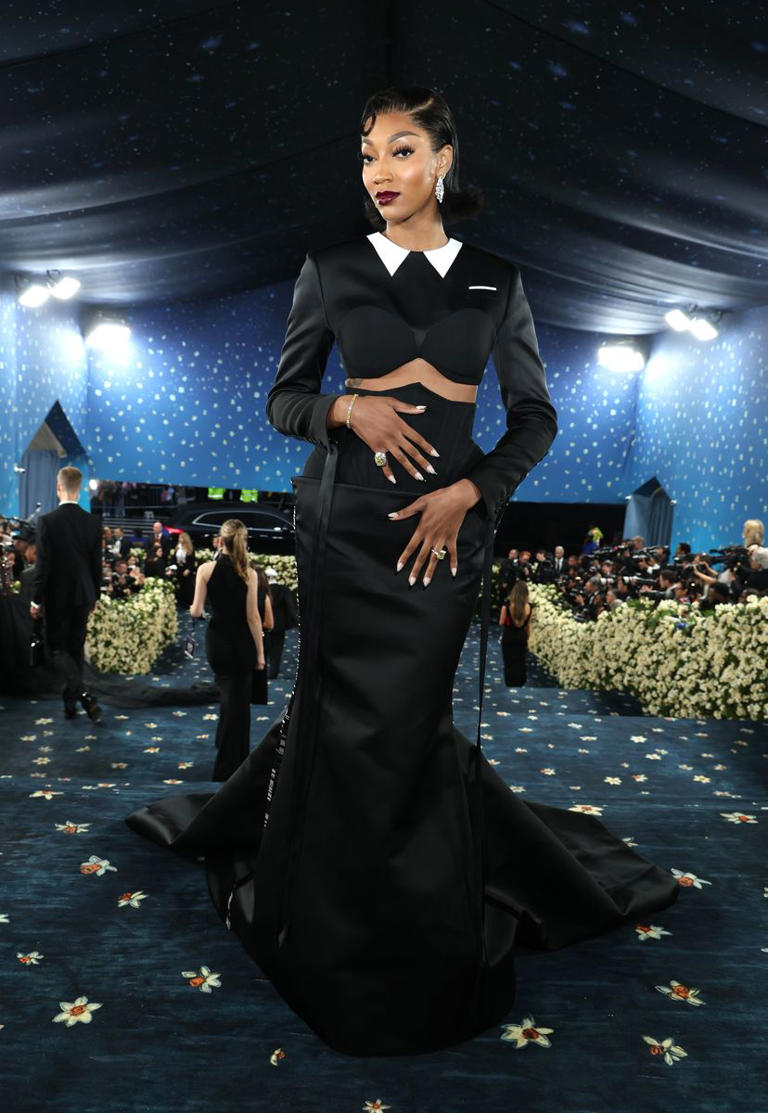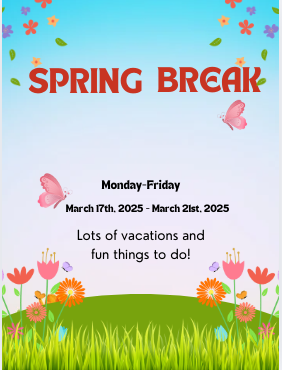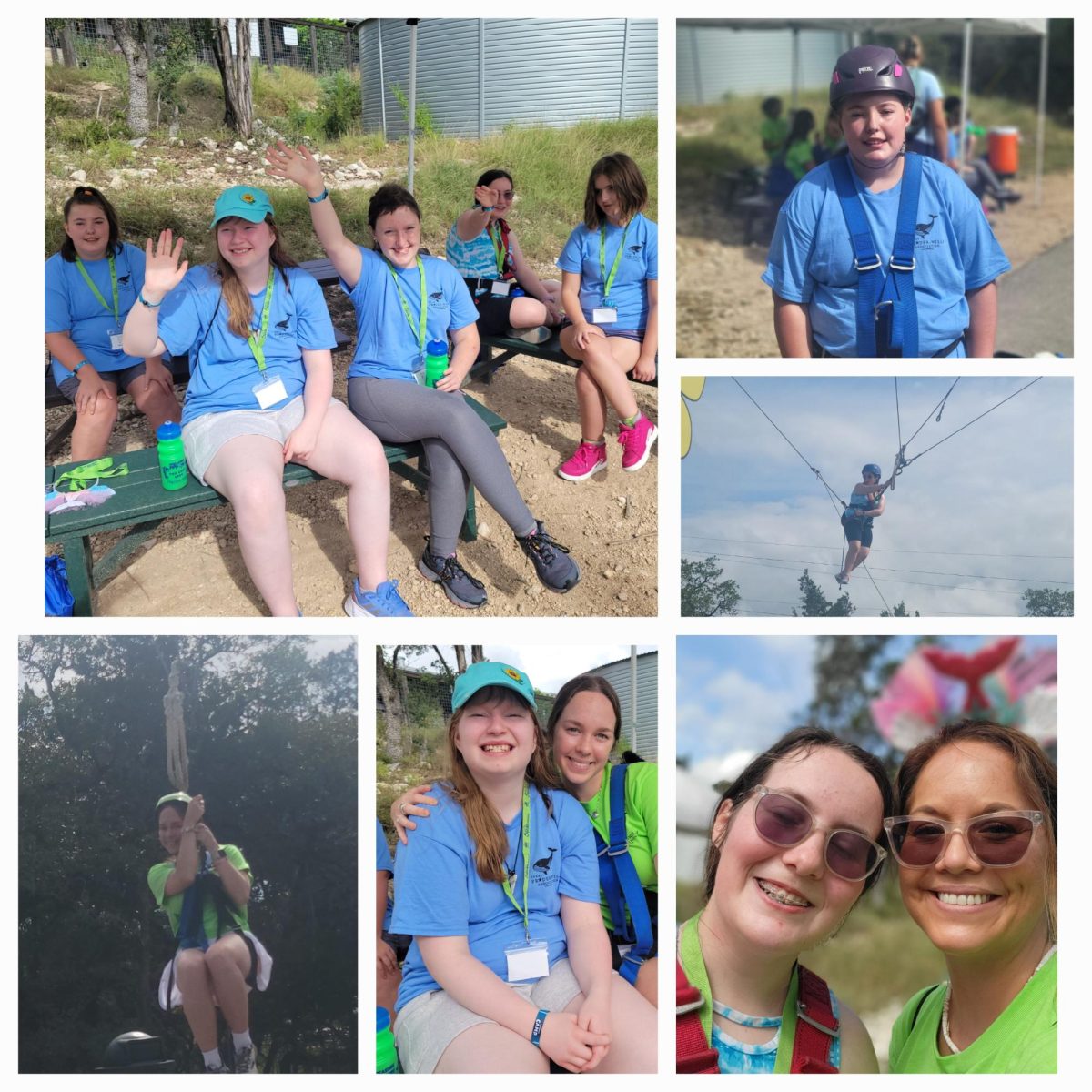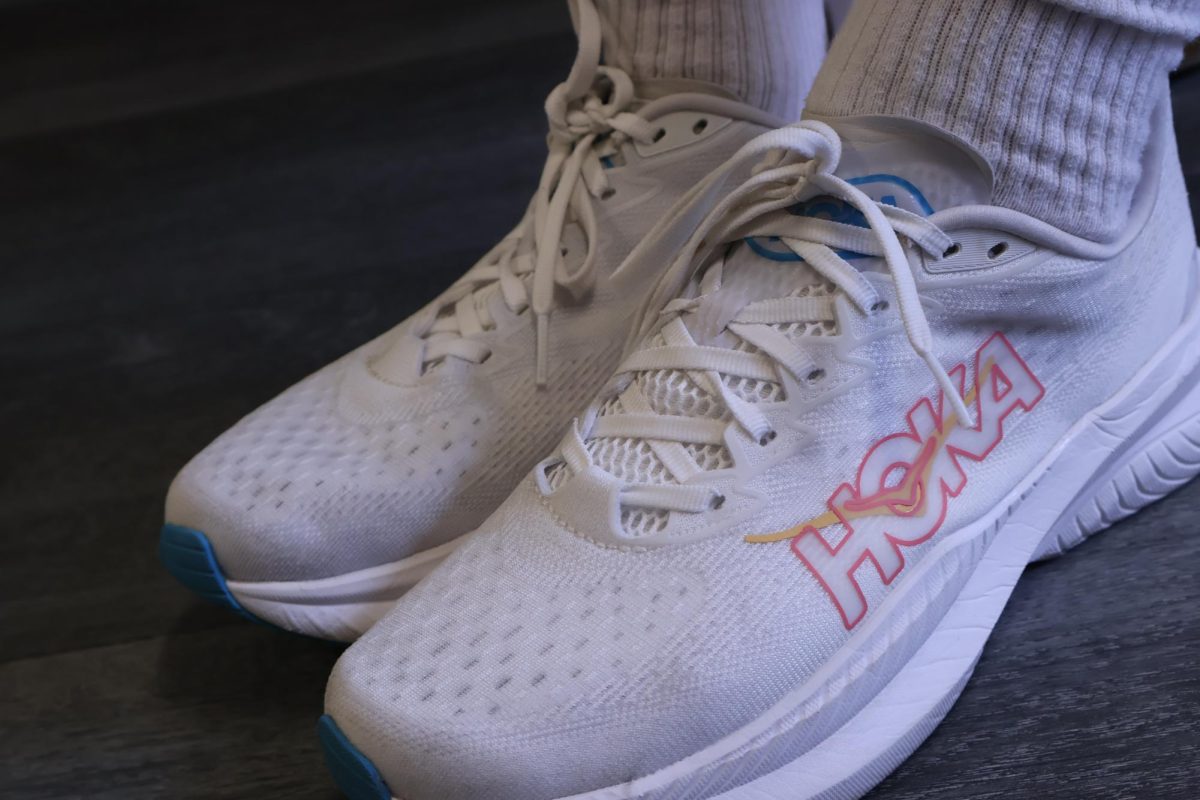Sports are a big part of middle school, and along with the sports are the tryouts. Tryouts can cause a lot of feelings: happiness, sadness, anxiety, conflict, popularity, and much more.
The coaches also have to deal with a lot of pressure to make the right selections for the teams.
“There are always participants that are upset they didn’t make it. That’s the part of a coach’s job that is not fun. But when 70 girls are trying out for 25 spots, there are always going to be people upset,” Coach Jacki Govea said.
Based on student beliefs, being on the team can have something to do with popularity.
“I don’t think it necessarily has much to do with popularity, but the coaches do know who they like and don’t like,” Iris Borino (7th) said.
Some students are concerned that coaches allow personal bias to play a role in their selection process.
“Personal bias is never involved in our selections. It is always based on the process, ” Coach Govea said.
The coaches have a specific process they use when selecting the team. This includes a rubric of sorts to help grade each student on different skills.
“For volleyball all of the coaches grade each participant in the following categories – passing, setting, hitting, serving, and game play (court sense and hustle) with a grade of 1-5. We then add all of the grades up to see which 22-25 players have the highest scores. Then we make sure those top 22-25 participants would fill all of the positions we need as far as setters, middles, etc.” Coach Govea said.
Some students think the grading process used by coaches works and keeps the process fair.
“I think it is like a really good way of grading, because there is a lot more that goes into it than just, like, getting the ball over the net. But I think they could have included one more thing: Sportsmanship. I think that is really important because if you are, like, really good at basketball but you are rude and disrespectful, you should have been counted on less,” Iris Borino (7) said.
Students who do not make the team are able to reach out to the coaches to get feedback on why and how to improve.
“Anytime a participant asks for feedback from tryouts, we go back and look at our notes that we took at try-outs. I will give feedback based on those notes. Oftentimes, it is the same improvement points because there are not that many different skills to improve on – for example, someone might be really good at serving, but need to improve on passing, setting, and hitting. Someone else might be really good at passing, but need to improve on setting, hitting, and serving. So it may seem they are the same improvement points,” Coach Govea said.

















